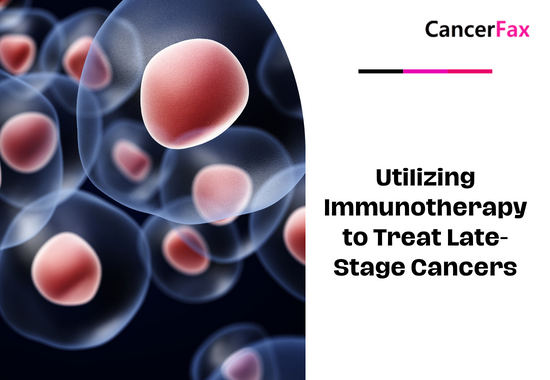According to a multi-center clinical trial led by researchers at the Stanford University School of Medicine, a new type of immunotherapy seems to be safe for patients with blood cancer called non-Hodgkin’s lymphoma.
The therapy combines experimental antibodies developed by researchers at Stanford University and commercially available anti-cancer antibodies to rituximab. It referred Hu5F9-G4 experimental protein antibody blockade of CD47 , of CD47 suppressed immune attack against cancer cells. The combination of two antibodies is used to treat people with two types of non-Hodgkin’s lymphoma: diffuse large B- cell lymphoma and follicular lymphoma.
In 2010 , researchers led by Irving Weissman , MD, director of the Stanford Stem Cell Biology and Regenerative Medicine Institute, showed that almost all cancer cells are covered with a protein called CD47 , which can play a ” do n’t eat me ” Signal to macrophages.
Weissman and colleagues later developed an antibody called Hu5F9-G4 that blocks the CD47 protein and encourages macrophages to engulf cancer cells. Rituximab is an antibody that has been shown to amplify the positive ” eat me ” signal. The combination of rituximab and Hu5F-G4 has previously been shown to be effective against human cancer in animal models, but this is the first published result of clinical trials of the therapy in humans.
Of the 22 patients participating in the trial , 11 patients had significantly reduced clinical cancer, and 8 patients had eliminated all signs of cancer. The other three patients in the trial did not respond to treatment and died due to disease progression. The researchers observed that the participants had only minor side effects.
Dr. Saul A. Rosenberg , a lymphoma professor , said that such a potential new immunotherapy is very exciting. This is the first time that an antibody that can activate macrophages to fight cancer is used, and it seems to be safe for use in humans.
https://medicalxpress.com/news/2018-10-anti-cd47-cancer-therapy-safe-small.html

